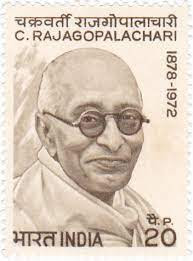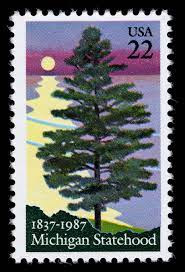Australia Day is the national day of Australia, celebrated annually on January 26th. The day commemorates the arrival of the First Fleet of British ships at Port Jackson (now Sydney) in 1788 and the raising of the British flag, marking the beginning of British colonization in Australia. It is a day that reflects both the nation's diverse history and its contemporary multicultural society.
Key aspects of Australia Day:
Citizenship Ceremonies: Australia Day is a significant day for new citizens, and many citizenship ceremonies are held across the country on this day. People from diverse backgrounds become Australian citizens, contributing to the nation's cultural richness.
Community Events: Cities and towns throughout Australia host various events, including parades, concerts, festivals, barbecues, and fireworks displays. These events aim to bring communities together in celebration.
Honors and Awards: The Australia Day Honours List is announced, recognizing individuals who have made outstanding contributions to the community. The Australian of the Year Awards are also presented, acknowledging individuals who have excelled in various fields.
Controversies: Australia Day has been a subject of ongoing discussion and debate. Some Indigenous Australians view the day as a day of mourning, as it marks the beginning of colonization and the impact on Indigenous communities. Efforts to change the date or find a more inclusive national day continue to be part of public discourse.
Triple J Hottest 100: The Triple J Hottest 100 is an annual music countdown held on Australia Day. It is a popular event, with Australians voting for their favorite songs of the year.
While Australia Day is widely celebrated, the date has also prompted conversations about the need for a more inclusive national day that respects the perspectives of all Australians, including Indigenous peoples. Discussions about changing the date are ongoing.









